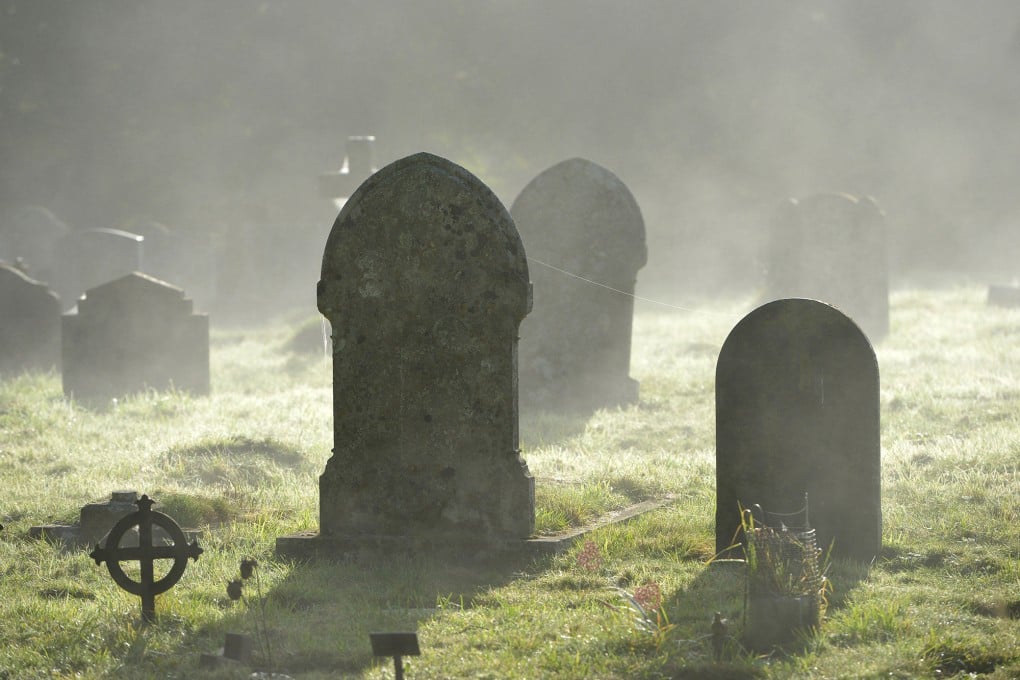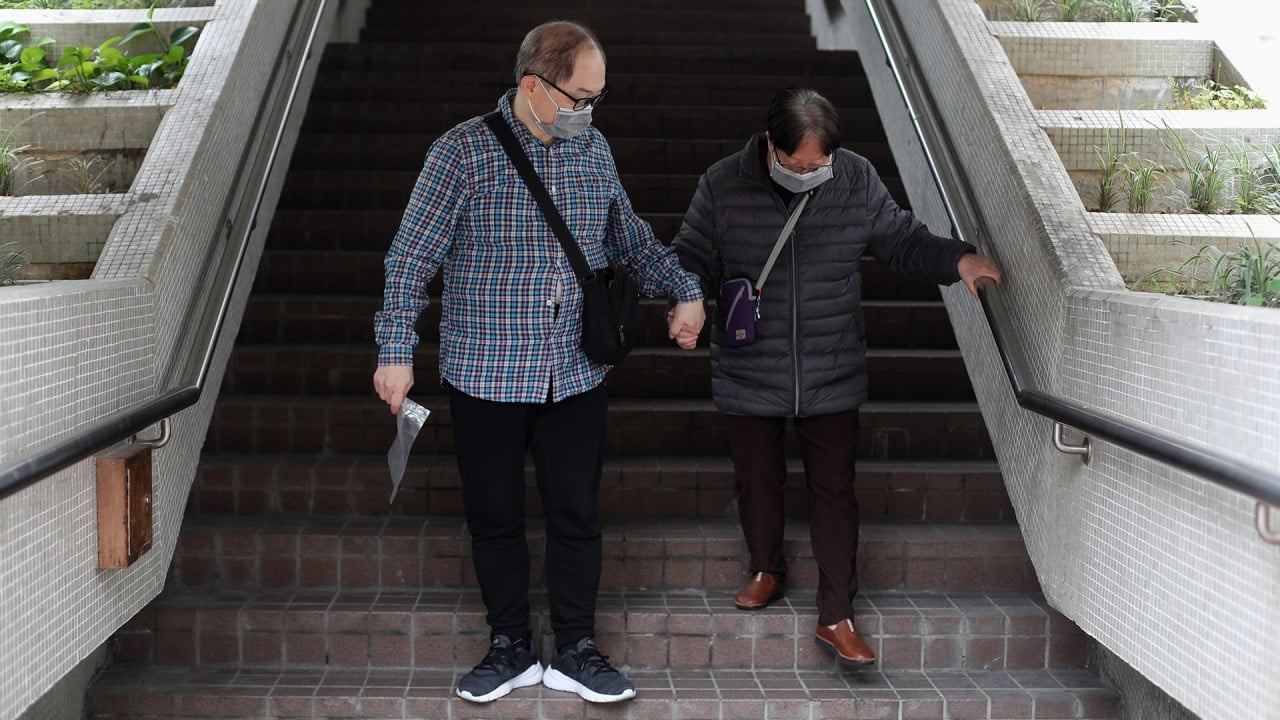My Take | Death still the unconquerable equaliser
- We are living longer than at any time in human history. And while the search is on for increased longevity if not immortality, new research suggests biological constraints will ultimately determine when you die

Qin Shi Huang, China’s first emperor, tried to achieve immortality by drinking an elixir that probably contained mercury. You may scoff at him, but as a species, our fear of death and desperate attempts to slow down or even reverse ageing are not so different.
We may have progressed beyond drinking mercury to try to prolong life. Instead, by a British government estimate, we have what may be called the ‘immortality industrial research complex’ – using genomics, artificial intelligence and other advanced sciences, and supported worldwide by governments, big business, academics and billionaires – that’s worth US$110 billion today and US$610 billion by 2025.
The most advanced scientific research is seeking longevity for the species, if not immortality. Except all that may be for naught, if a research team is right about their new findings.
The paper is titled “The long lives of primates and the ‘invariant rate of ageing’ hypothesis” and published in the current issue of Nature Communications.
By comparing birth and death data from 39 human and non-human primates, the international team of researchers from 14 countries finds that the general pattern of mortality is “invariant” in all of them.
In other words, biological constraints, rather than environmental factors, ultimately determine longevity and therefore when you die.
The fact that people are living longer than at any time in human history just means we are pushing against those biological constraints.

